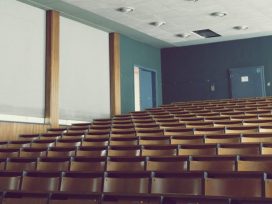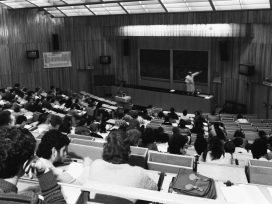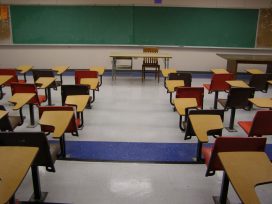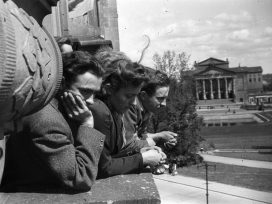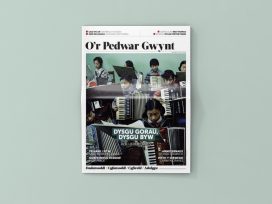Tartu-based journal Akadeemia dedicates its latest issue to Juri Lotman, the twentieth-century semiotician of Russian-Jewish heritage and founder of the Tartu School. Essayists from different disciplines provide new readings of Lotman’s theories on culture, in keeping with the academic’s notions of unpredictability.
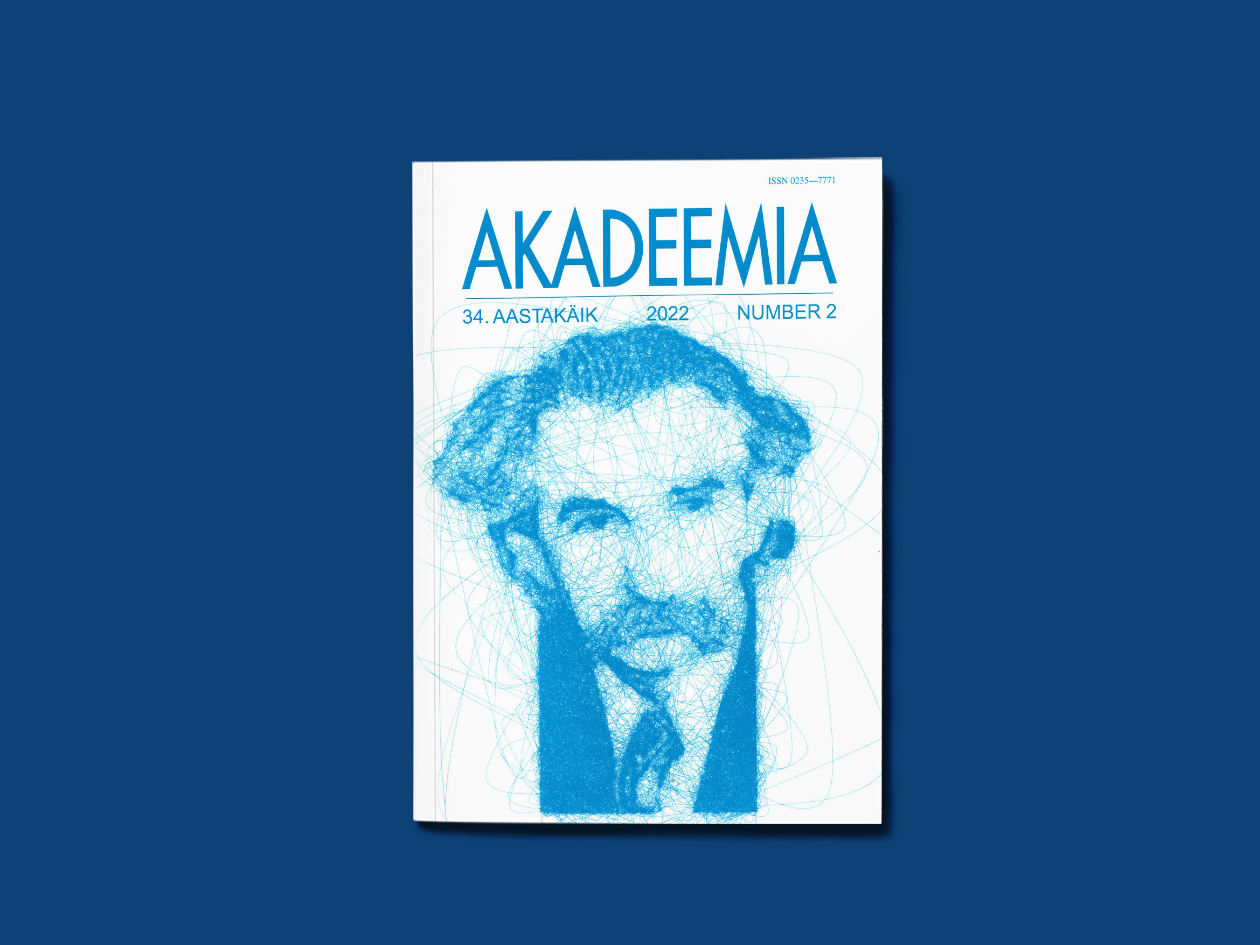
Making sense of digitization
Maarja Ojamaa and Indrek Ibrus take Lotman’s focus on literature and apply it to the preservation of texts. Archives, traditionally perceived as internally coherent, have been reordered by digitization. While cultural heritage was once the sole domain of institutions, ‘the unprecedented ease of access … of digitized content’ has opened up ‘discussion on the democratization of memory practices’.
Now, the ‘de and recontextualization of the text and its parts can lead to rearranging the hierarchy of meaningful layers’. Cultural boundaries, when broken down, often give rise to a disconcerting wave of possibilities. Lotmanian semiotics ‘offers several tools for making sense of the latest developments in global digital culture and provides a way to explain a holistic dimension within the constant variability’.
From semiotics to eco-semiotics
Lotman’s ‘semiosphere’ turns ‘eco-semiosphere’ in Timo Maran’s essay on the perceived boundaries between culture and nature. While the semiotician wrote little about nature, his advocacy of ‘adaptation to changing environments’ lends itself well to ecology, writes Maran: Lotman ‘often compares culture metaphorically to biological processes’.
In stretching Lotman’s references, Maran takes his theories further: the ‘ecosemiosphere includes the ecosystem related to culture, other species living in it and their semiotic processes’. It is ‘more heterogeneous than the semiosphere of culture, but its external borders have a smaller role in determining the whole.’
Complex education
When looking at the past from the present, events seem to unfold in a straight line, as if predetermined. However, if you look at the present from the past, multiple possibilities unfold. Lotman’s study of unrealized historical paths break down ‘cause and effect’. The academic’s position on unpredictable outcomes could be a better starting point for learning and teaching, suggests Merit Rickberg.
‘Complexity-thinking as a separate approach to research and practice in education has arisen as a response to the growing need to understand how learning systems, such as individual students, schools and whole societies, can become more flexible in light of accelerated change,’ she comments. Lotman’s focus on creativity within cultural dynamics could ‘serve as a suitable ground for envisioning education in ways that transgress the currently dominant paradigm of learning as a controlled linear process with predictable outcomes.’
This article is part of the 3/2022 Eurozine review. Click here to subscribe to our weekly newsletter to get updates on reviews and our latest publishing.
